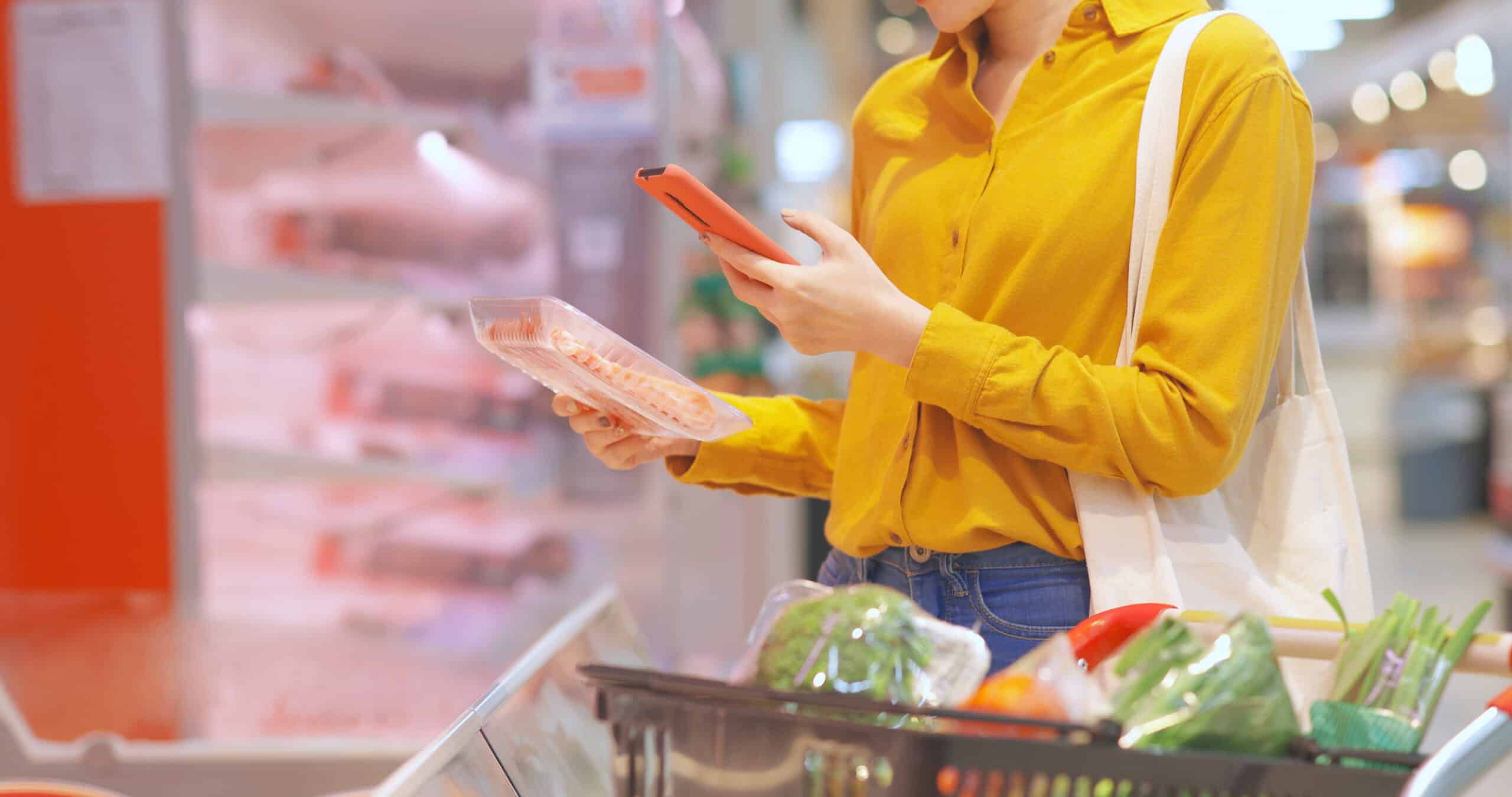10 agtech solutions revolutionising modern agriculture
As the world grapples with growing populations and environmental pressures, the agricultural industry must adapt in order to maintain safe, secure, and sustainable food production. The agtech industry is emerging as a key contributor to this transformation – with innovative new agtech solutions coming onstream every day that promise improvements in productivity, efficiency, and sustainability.
Amidst increasingly complex and interconnected markets and supply chains, these technologies are emerging in often novel and unexpected ways across all levels of production, distribution, and retail. Given the operational improvements that agtech offers, agribusinesses, governments, NGO’s, and more are understandably clambering to identify and integrate them into their operations. Here are some of the most cutting-edge agtech solutions that are transforming the agrifood industry:
Precision agriculture
Precision agriculture (also called precision farming) refers to the use of technologies like GPS, remote sensing, and data analytics to provide, process and analyse multisource data for crop production. These technologies provide real-time data analytics on irrigation, fertilisation, and pest control, allowing farmers greater control over resource allocation to diminish input costs and increase yields. By employing precision agriculture, farmers can drastically reduce resource waste, ensuring that their land receives just what it needs and nothing more. Precision agriculture lowers input costs, increases yields, and reduces environmental impact by cutting back on water consumption and excessive chemical use.
Internet of Things (IOT)
Internet of Things (IoT) refers to a network of interconnected devices that collect, transmit, and exchange data. Through sensors, automated machinery, and networked instruments, it facilitates real-time monitoring and informed decision-making by collating, transmitting, and analysing data. IoT has transformative potential for the food and agribusiness sector. For farmers, it enables timely intervention by offering real-time insights on soil moisture, crop health, and environmental conditions. Meanwhile, agribusinesses benefit from optimised supply chains, predictive maintenance of machinery, and data-driven decisions that can drastically reduce operational costs.
Drone technology
Drones are becoming integral in agriculture as they offer a cheap way to help farmers navigate difficult terrain. Drones can survey crops from above to assess plant health. In certain circumstances, they can even fly above crops to spray pesticides in a more precise way and without expensive and time consuming manual labour. Drones can be particularly useful agtech solutions for expansive farms and large-scale agribusinesses.
Blockchain in the supply chain
Blockchain technology is a decentralized system that records transactions. This ensures traceability, transparency, and security of food. Blockchain ensures that every stakeholder in the supply chain has a transparent view of product movement. It can combat food fraud and bolster consumer trust. In instances of food contamination, blockchain makes it easier to trace the origin of a product, isolate the point of contamination, and improve product recall.
Smart greenhouses
Blending traditional greenhouse methods with the power of IoT, smart greenhouses optimise conditions for plant growth. These innovative new indoor-farming techniques supersede crop seasonality by allowing farmers to fully control their environment and produce consistent, year-round crops. These environments are optimised for their specific crop, and they are isolated from pests or weeds that may reduce yield and crop health.
AI and machine learning for predictive analysss
By harnessing vast data sets, AI and machine learning tools can predict everything from pest invasions to market demands. AI improves upon human ability to analyse data and make predictions. Ultimately, AI empowers farmers, distributers and retailers alike in their decision-making.
Gene editing and advanced breeding techniques
Through genetic editing or modification, farmers can achieve desired traits in crops. Examples include gene edited plants that are more resistant to pests, crops that are more competitive against weeds, or faster breeding cycles for a greater yield. Gene editing can improve overall productivity and make crops more resilient to shocks, ensuring food security. While this is promising, debates on the ethics of gene editing techniques such as CRISPR are ongoing.
Robotics and automated machinery
Robotics and automated machinery can reduce labour intensive tasks like planting, harvesting and weeding. Automated tractors, drones, and under-canopy robots can plant and harvest with little maintenance required. They are capable of differentiating between plants and weeds, and are also designed to minimise soil compaction. Automation promises lower input costs for labour, as well as improved efficiency and sustainability.
Vertical farming and urban agriculture
Vertical farming refers to indoor farms where crops are grown in stacked layers. With this technique, crops can be grown in comparatively small areas. This allows farms to be set up in urban areas, thus reducing urban food security concerns and the costs and emissions associated with transportation of product. Growing crops indoors allows farmers to control temperature, humidity, and light. Vertical farms can be set up in any environment, making it particularly appealing to regions with harsh climates such as the Middle East and Africa.
Hydroponics
Hydroponics is the technique of growing plants using a water-based nutrient solution, as opposed to soil. This method is growing in popularity as it allows farmers to precisely control the nutrient mix, resulting in faster growth and higher yields. Hydroponics is considered a sustainable and resource-efficient method of growing crops. It can address food security challenges and reduce the environmental impact of traditional farming practices, ensuring long-term sustainability.
Identifying the right agtech solutions
Technology is redefining the agrifood industry. Agtech solutions provide countless operational improvements, while also contributing to a greener and more sustainable future. For agribusinesses seeking to achieve both commercial and ESG impact goals, agtech investing is key.
However, identifying the right agtech solutions and integrating them effectively in your business can be challenging. It is crucial that investors comprehensively evaluate their targets to alleviate cost concerns and address knowledge gaps. Agtech consultants can play a key role in this process.
At Farrelly Mitchell, we support corporates, governments, and NGO’s in navigating the rapidly changing agrifood industry. Our expert agtech consultants can identify the right solution for you and ensure that you implement it cost-effectively. We conduct due diligence to identify risks and opportunities in an investment, as well as feasibility studies to evaluate the commercial viability of your targets.
If you are seeking to leverage the latest technological advancement and achieve a competitive edge in the market, our team can help. Contact us today to embrace the latest agtech solutions and take a step toward the future of agriculture.














